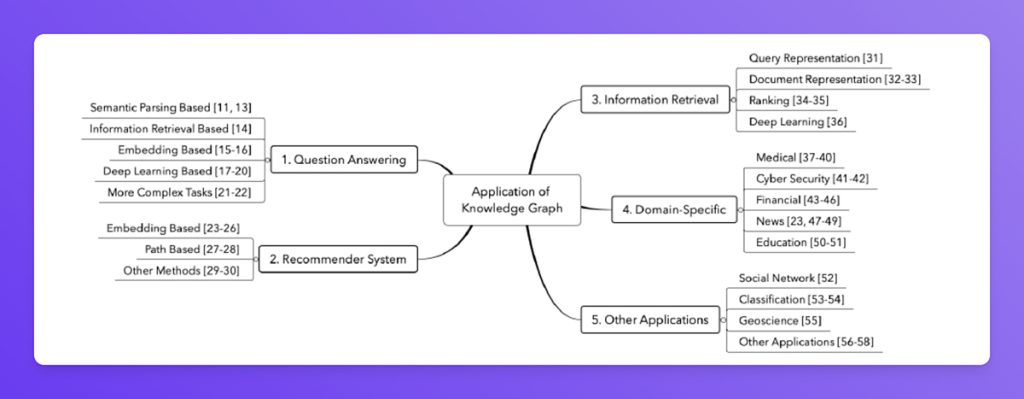This week we have articles from Jennifer Cwiok and Kendra Meyer, and Fabio Chiusano. News comes from Newgen Software, Acquia, Progress, and Ceros & Oroson.
In case you were still celebrating the new year on January 3rd and missed it, 2021’s most read articles and issues is here.
Opinion / Analysis
How born-digital assets and AI are changing the landscape for the AMNH Research Library
Jennifer Cwiok and Kendra Meyer describe their implementation of a Digital Asset Management system (DAMS) at the American Museum of Natural History (AMNH) Research Library for a born-digital archives collection program. They use image recognition and automated metadata to connect digital and physical assets collections data. Helpfully, they discuss organizational, governance, workflow, and system integration.
https://www.linkedin.com/pulse/evolving-archive-how-born-digital-assets-ai-changing-landscape-cwiok/

Applications of knowledge graphs
Wondering if knowledge graphs are applicable to your business or project? Fabio Chiusano summarizes A Survey on Application of Knowledge Graph just for you.
https://medium.com/nlplanet/nlp-applications-11-applications-of-knowledge-graphs-9596948d3e56
More Reading…
- A short introduction to FuchsiaOS, Googles multiplatform OS… via Allan Ramos
- A new life, The MoE Momentum includes links to Microsoft and Google papers… via TheSequence
- Cool. Unsurprisingly they beat me to it… Euler’s 243-year-old ‘impossible’ puzzle gets a quantum solution via Wired
- You probably know the answer but here is an update… Is 2022 the year for consumer AR glasses? via ARPost
Content technology news
Acquia adds retail machine learning models to CDP
Among the additions to the Acquia CDP is a “market basket” model to drive digital commerce conversions by intelligently bundling relevant products.
https://gilbane.com/2022/01/acquia-adds-retail-machine-learning-models-to-cdp/
Newgen Software to acquire Number Theory
Number Theory’s platform, AI Studio, brings intuitive AI/ML to every enterprise, while unifying the entire lifecycle of data engineering.
https://gilbane.com/2022/01/newgen-software-to-acquire-number-theory/
Progress updates Telerik and Progress Kendo UI
In addition to UI libraries for .NET and JavaScript frameworks the 50+ new components and day-one support for .NET 6, Visual Studio 2022 and Angular 13.
https://gilbane.com/2022/01/progress-telerik-and-progress-kendo-ui/
Ceros acquires Oroson
Deal adds video and audio support to the company’s MarkUp product to support creative collaboration across all design projects.
https://gilbane.com/2022/01/ceros-acquires-oroson/
The Gilbane Advisor is curated by Frank Gilbane for content technology, computing, and digital experience professionals. The focus is on strategic technologies. We publish recommended articles and content technology news weekly. We do not sell or share personal data.
Subscribe | Feed | View online | Editorial policy | Privacy policy | Contact

